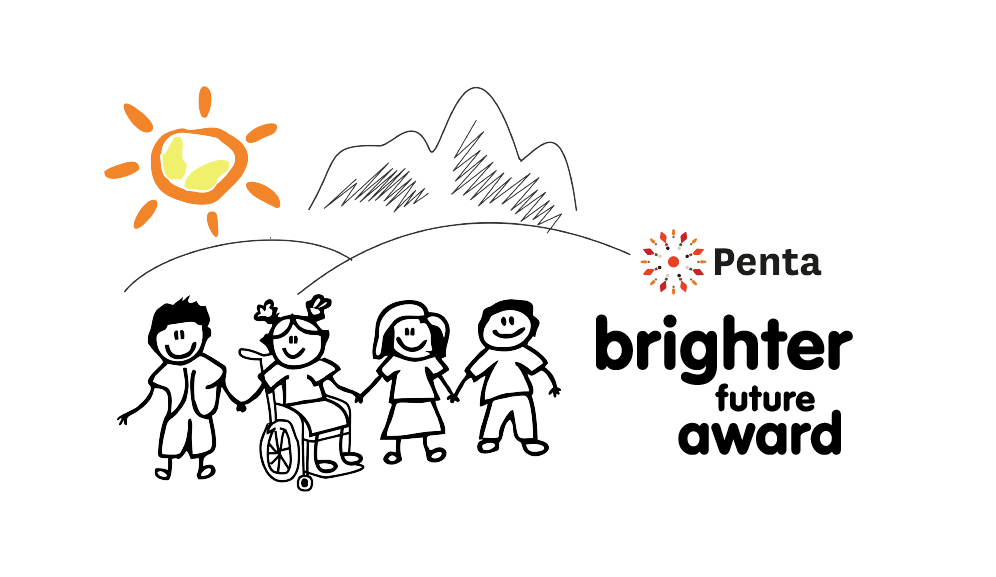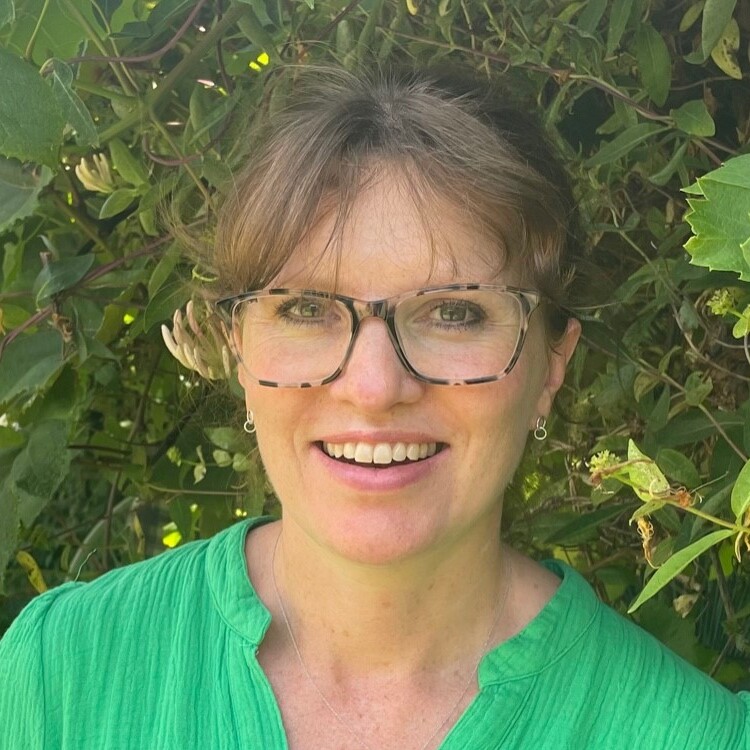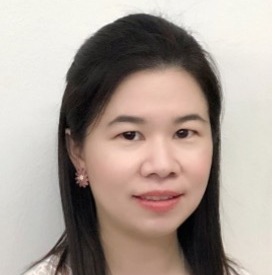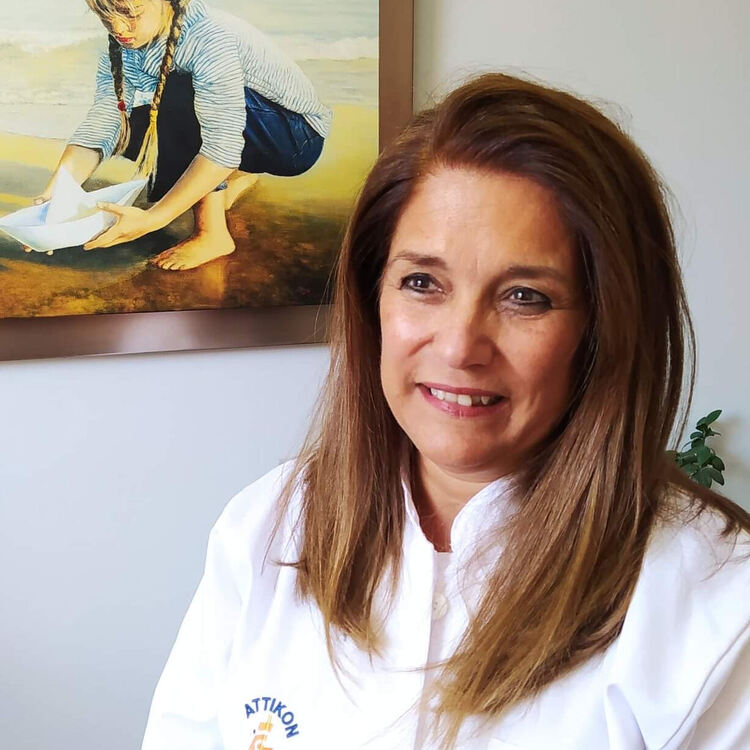
It’s a celebration of maternal and child health heroes
Penta’s Brighter Future Award is a global initiative to celebrate the champions who work to improve health outcomes for pregnant people and children living with infectious diseases worldwide.
As we acknowledge the vital role of local champions in driving positive change, the BFA aims to recognise these outstanding change-makers and provide opportunities for scientists to connect with and learn from local communities at the forefront of maternal and child health.
The BFA is an opportunity for us all to honour the work done by these champions to enhance the health of pregnant people, children and young people. Visit our BFA resource page which features a collection of insightful stories by the 2023/24 winners of the BFA on the power of grassroots activities in improving health outcomes.
Award Categories
Penta’s Brighter Future Award
Six innovative grassroots champions from each of the six global regions will win €5000 each to support their ongoing work. Both individuals and organisations are eligible for this award.
Penta’s Brighter Future Young Researcher Award
One exceptional young researcher undertaking or holding a PhD or equivalent professional training, ready to develop their research identity will win €5000 to be used to support and raise the visibility of their research by covering lab fees, congress fees, journal publication fees etc.















